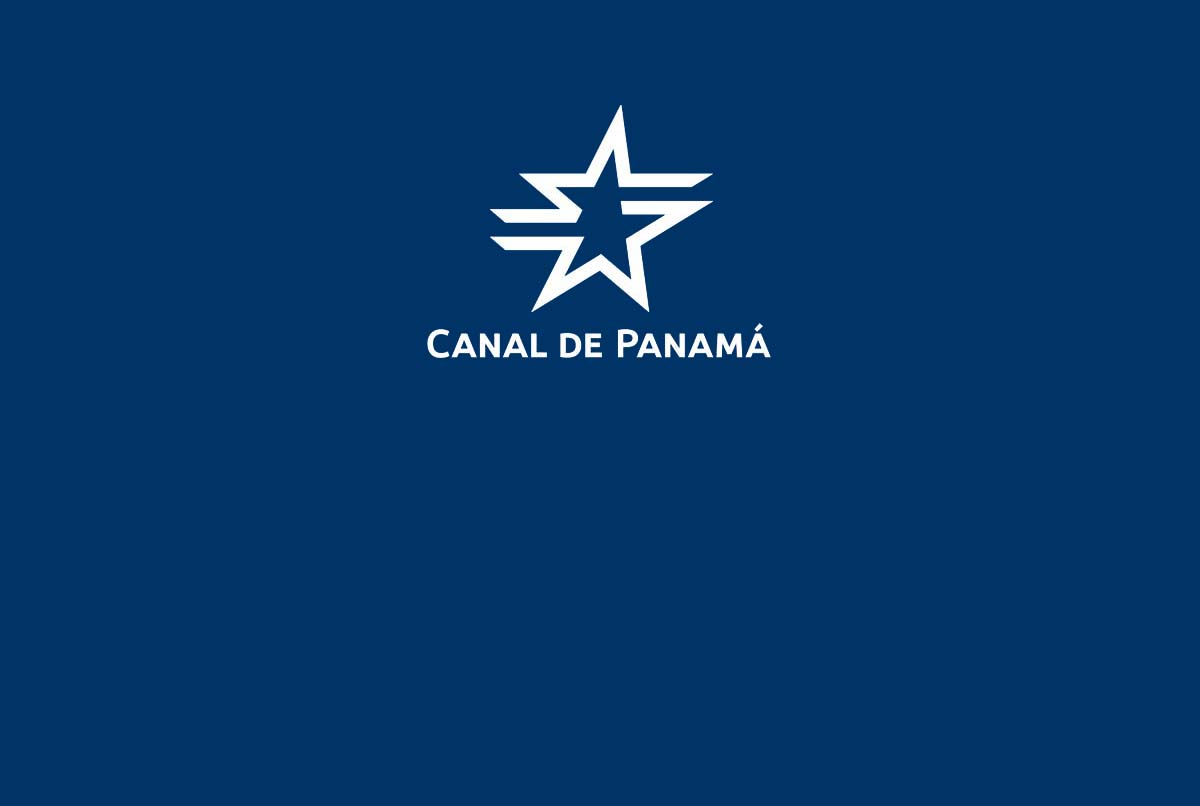PANAMA CITY, Panama, April 26, 2010 – The Panama Canal Authority (ACP) released second quarter (Q2) operational metrics today for fiscal year 2010. In Q2, Canal Waters Time (CWT), the average time it takes a vessel to transit the Canal (including waiting time for passage) saw a notable decline. While total transits and net tonnage decreased nominally, there was growth in some key segments. These metrics are based on operations from January through March 2010, the second quarter of the ACP’s 2010 fiscal year, and are compared with Q2 of fiscal year 2009.
Overall CWT decreased 24.7 percent – to 19.75 hours from 26.22 hours. CWT for booked vessels, those ships holding reservations, also experienced a decrease – to 12.59 hours from 15.83 hours, or a 20.4 percent reduction.
Total Canal transits declined 1.5 percent – to 3,854 transits from 3,914. Transits of supers, larger ships that require greater time and navigation skills to transit the Canal, decreased 0.8 percent – to 1,801 transits from 1,815.
With regard to key segments, general cargo, dry bulk and vehicle carrier transits increased, while transits of containers, refrigerated cargo (reefers), tankers and passenger vessels decreased.
“Canal Waters Time is down more than six hours in Q2. This helps our clients get their products to market faster, burn less fuel and reduce expenditures. This is good news for all and indicates that our efficiency measures and investments are working, particularly the new tie-up station and track and turntable system,” said ACP Executive Vice President of Operations Manuel Benítez. “Going forward, we will continue to watch the global markets and expect to see some signs of relative growth among key segments, as volumes slowly recover,” he continued.
Panama Canal/Universal Measurement System (PC/UMS) tonnage slightly dropped 2.3 percent – to 73.99 million PC/UMS tons from 75.74 million PC/UMS tons.
The official accident rate increased to 1.816 accidents per 1,000 transits from 1.022. An official accident is one in which a formal investigation is requested and conducted.
Utilization of the booking system decreased 44.2 percent – to 44.4 percent utilization from 79.6 percent. Significant reductions in CWT, along with increased operational efficiency, have resulted in the booking of fewer reservations.
About the Panama Canal Authority (ACP)
The ACP is the autonomous agency of the Government of Panama in charge of managing, operating and maintaining the Panama Canal. The operation of the ACP is based on its organic law and the regulations approved by its Board of Directors. For more information, please refer to the ACP’s Web site: http://www.pancanal.com/.You can also follow us on Twitter: http://twitter.com/thepanamacanal.
###
This material is distributed by DJE, Inc. on behalf of the Panama Canal Authority. Additional information is available at the Department of Justice, Washington, D.C.




